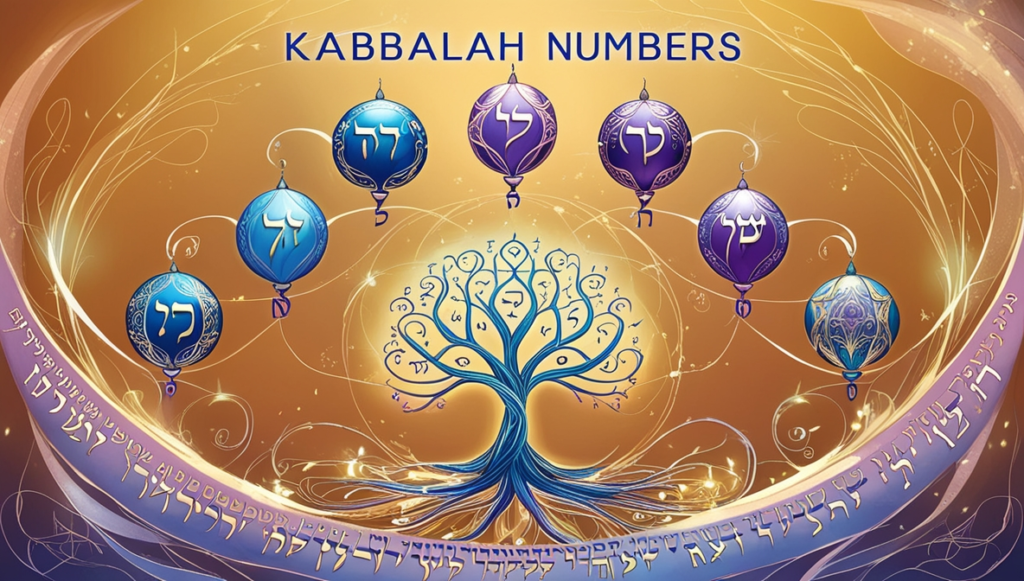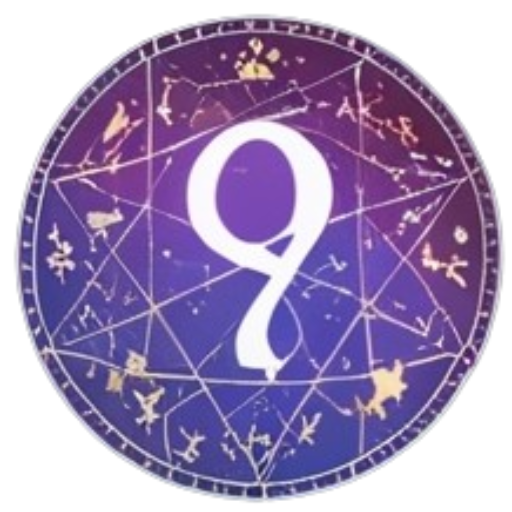Kabbalah numbers, a mystical branch of Jewish tradition, delves deep into the esoteric wisdom of the universe and the human soul. Among its many profound teachings, Kabbalah numbers hold a special significance. These numbers, derived from ancient texts and the Hebrew alphabet, offer insights into our life’s purpose, spiritual path, and divine connection. The study of Kabbalah numbers is both a spiritual journey and a tool for self-discovery, bridging the physical and spiritual worlds through symbolic meaning.

In this comprehensive guide, we’ll explore the origins and essence of Kabbalah numbers, how they differ from other numerological systems, and how you can use them to uncover hidden truths in your life. From understanding the Tree of Life to decoding personal Kabbalistic numbers, we aim to provide a clear roadmap for embracing this ancient spiritual wisdom.
What Are Kabbalah Numbers?
Kabbalah numbers are derived from Kabbalistic numerology, a spiritual practice that assigns numerical values to Hebrew letters. These numbers serve as more than mere digits; they encapsulate spiritual energies, symbolic meanings, and hidden truths. Kabbalists believe that every number and letter is imbued with divine energy, connecting us to the broader mysteries of the universe.
Origins: The roots of Kabbalah can be traced back to Jewish mysticism, specifically to the Sefer Yetzirah (Book of Formation) and the Zohar (Book of Splendor). These sacred texts form the foundation of Kabbalistic teachings and highlight the significance of numbers in spiritual practice.
Core Belief: Kabbalistic numerology emphasizes that our names, birth dates, and life experiences carry unique numerical values that influence our spiritual paths. By interpreting these values, one can gain a deeper understanding of their purpose, challenges, and spiritual destiny.
How Kabbalah Numbers Differ from Other Numerological Systems
While there are many numerological systems, including Pythagorean and Chaldean numerology, Kabbalah numbers stand out due to their deep connection with Jewish mysticism and the Hebrew alphabet. Here are some key differences:
- Hebrew Letters and Numbers: In Kabbalistic numerology, each Hebrew letter corresponds to a number, unlike other systems that may use Latin alphabets or different numerical assignments.
- Spiritual Depth: Kabbalah numbers are intrinsically tied to the spiritual realm and often focus on profound esoteric meanings rather than purely materialistic interpretations.
- Connection to the Tree of Life: The Tree of Life, a central symbol in Kabbalah, outlines ten Sephirot (spheres) and pathways that correspond to different aspects of God and human consciousness. Kabbalah numbers often relate back to these spheres, providing a framework for understanding the interplay between divine energies and human existence.
Key Kabbalah Numbers and Their Meanings
Here are some key numbers in Kabbalah numerology and their general meanings:
- Number 1 (Aleph) – Represents unity, creation, and leadership. It is often seen as the beginning and the primal source of all things.
- Number 2 (Bet) – Symbolizes duality, balance, and partnership. It reflects the need for harmony and cooperation.
- Number 3 (Gimel) – Denotes growth, creativity, and expansion. This number encourages individuals to embrace new possibilities and creative expression.
- Number 4 (Dalet) – Associated with structure, stability, and order. It emphasizes building a solid foundation in all aspects of life.
- Number 5 (He) – Represents change, freedom, and adaptability. This number is about embracing transformation and breaking free from constraints.
- Number 6 (Vav) – Symbolizes connection, love, and nurturing. It is often associated with relationships and community.
- Number 7 (Zayin) – Reflects spirituality, introspection, and wisdom. This number encourages a deeper connection to the spiritual self.
- Number 8 (Chet) – Denotes strength, perseverance, and abundance. It is often associated with power and success.
- Number 9 (Tet) – Represents completion, compassion, and universal love. This number marks the end of cycles and the potential for new beginnings.
- Number 10 (Yod) – Signifies wholeness, divine order, and fulfillment. It is tied to the realization of spiritual goals and the alignment with the divine will.
How to Calculate Your Kabbalah Number
To calculate your personal Kabbalah number, you’ll need to translate your name or date of birth into its equivalent Hebrew numerical value. Here is a basic method to determine your Kabbalah number:
- Convert Your Name into Hebrew Letters: If your name is already in Hebrew, you can skip this step. Otherwise, transliterate your name to its Hebrew equivalent.
- Assign Numerical Values: Use the Kabbalistic number chart to assign numbers to each letter of your name.
- Add the Numbers Together: Sum the numbers. If you end up with a multi-digit number, continue reducing it until you arrive at a single digit or one of the Master Numbers (11, 22, 33).
- Interpret the Result: Use the meanings of Kabbalah numbers to gain insights into your spiritual path, life purpose, and challenges.
Applying to Your Life
Kabbalah numbers are more than abstract symbols; they serve as tools for spiritual growth, self-reflection, and life alignment. Here are practical ways to integrate their messages into your daily life:
1. Use Kabbalah Numbers for Daily Guidance
Reflect on the meanings of your personal number and how they relate to your current life circumstances. If your number is 3, for example, focus on creativity, growth, and expansion in your personal and professional life.
2. Align Actions with Spiritual Energies
Each Kabbalah number carries specific energies. By aligning your actions with these energies, you can maximize their influence. For example, the number 7 encourages spiritual practices such as meditation, study, and introspection.
3. Explore the Tree of Life
Dive into the Sephirot on the Tree of Life to understand how your Kabbalah number corresponds to different aspects of your spiritual journey. This can provide clarity on where you are spiritually and what areas require focus.
4. Meditate on Your Number
Meditation is a powerful way to connect with the spiritual essence of your Kabbalah number. Visualize the number, repeat its name or sound, and invite its energy to guide you.
Kabbalah Numbers and Synchronicities
Kabbalah numbers often appear as synchronicities, aligning with specific events, dreams, or feelings. These synchronicities are believed to be divine messages or nudges from the universe, reminding you to pay attention and align with your higher purpose.
Kabbalah Numbers vs. Other Numerological Systems
Understanding the difference between Kabbalah numerology and other systems like Pythagorean or Chaldean numerology is important. Kabbalah focuses more on spiritual development and connection to the divine. Its roots in Jewish mysticism make it unique, emphasizing the sacredness of language and its connection to cosmic order.
Conclusion: Embracing Kabbalah Numbers for Spiritual Insight
Kabbalah numbers offer a profound way to understand your soul’s path and navigate life’s challenges with greater spiritual awareness. By embracing their wisdom, you’re opening yourself to divine guidance, tapping into the ancient mysteries of the universe, and aligning your life with the higher energies that shape reality. Whether used for daily guidance, spiritual practice, or self-discovery, Kabbalah numbers can illuminate your journey and reveal the spiritual potential within.






